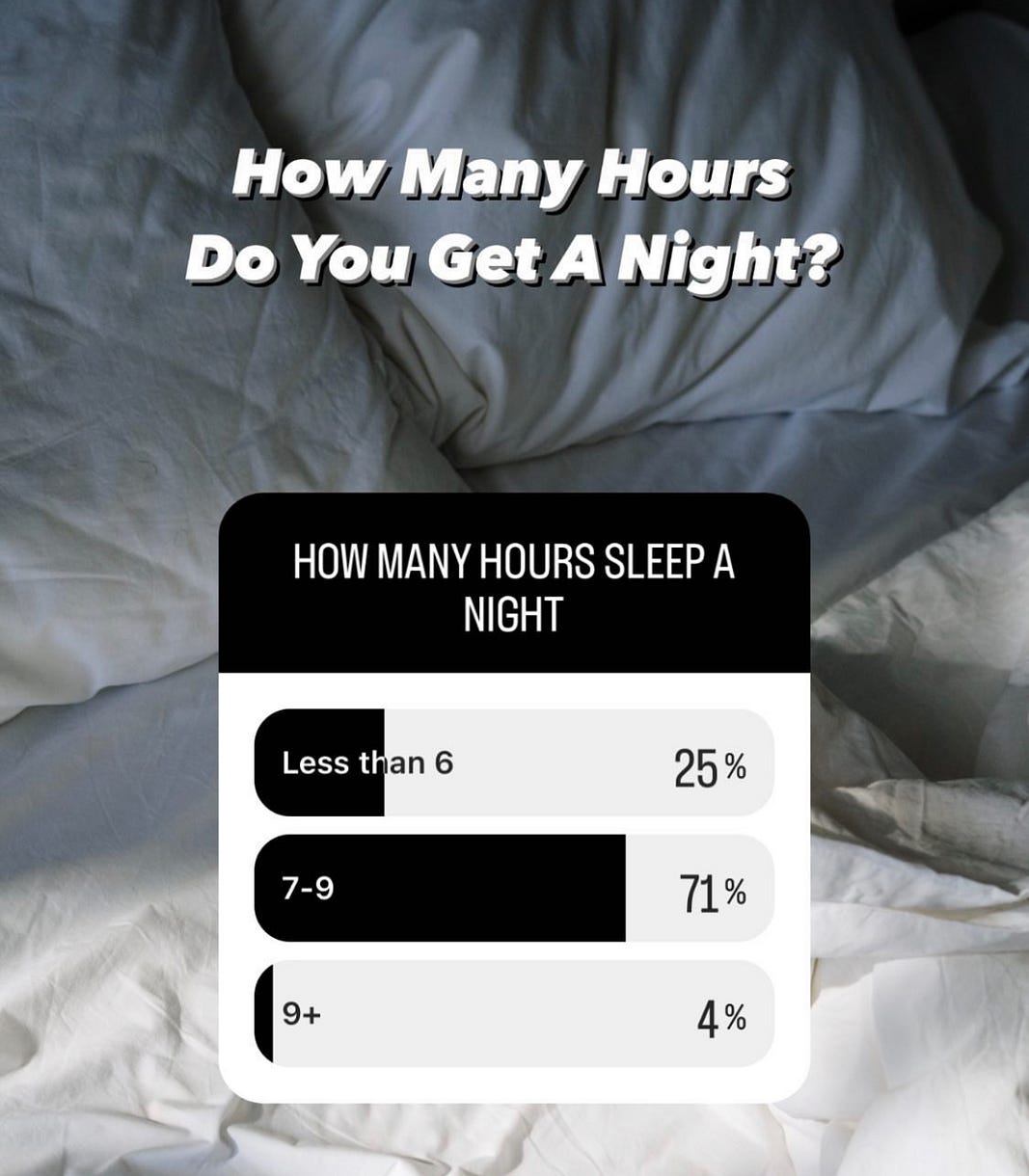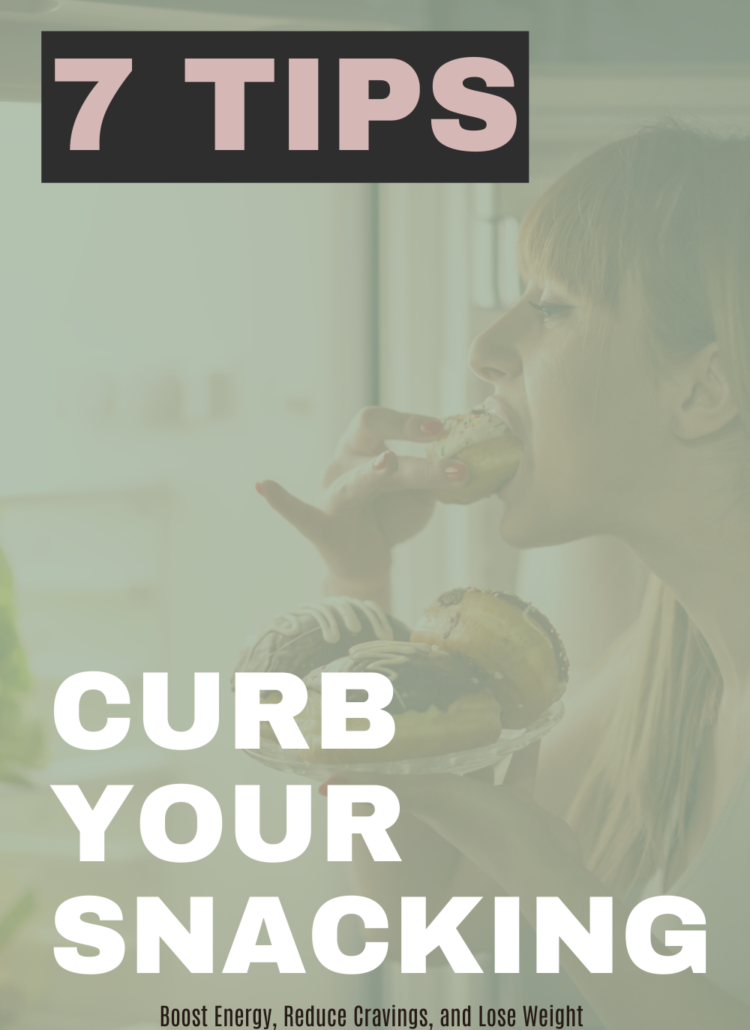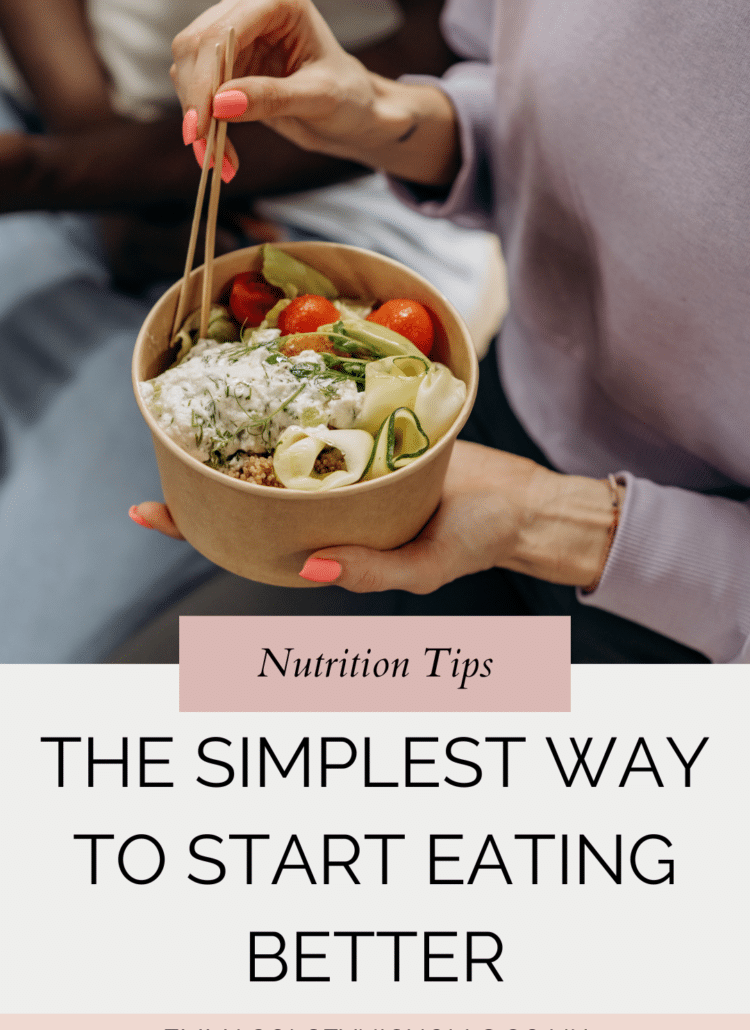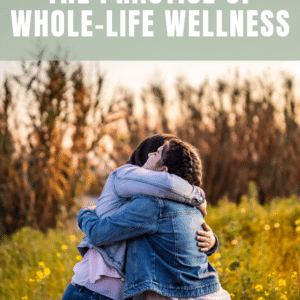How To Lose Weight Over 40
Are you a woman in your 40’s who would love to be able to lose weight? Don’t miss the underrated strategy that most women ignore.
Feeling like you are eating the right foods and exercising, yet you still don’t feel amazing and you are struggling to shift the pounds?
Do you constantly feel tired, sluggish and need at least 2 coffee’s before you can get going in the morning?
If that’s you then read on.
Better health and your ability to stick to your weight loss intentions are multi-faceted.
But so many people get bogged down with the complexity of the process whilst missing out on this one, and massively underrated factor.
Sleep!!
In a UK government survey, they found that:
- 13% of brits get less than 6 hours of sleep.
- As many of a quarter or brits have to take some sort of sleeping tablet to help them sleep.
- 36% of people say they have to drink alcohol to help them get to sleep.
Which by FYI is a very common misconception. Though you may feel like you get to sleep better, the quality of your sleep gets disrupted when you drink alcohol. Thisis why you wake up feeling tired and the whole cycle sets off again.
I recently did an incredibly scientific poll on my Instagram and the results seem to be quite in line with the above. As 25% of people voted that they get less than 6 hours of sleep.

Whilst there can be a lot of factors going into why a person doesn’t get enough sleep, young children certainly being one of them (That’s just one side of parenting that you have to navigate the best you can, knowing that it doesn’t last forever)
But those that can take some simple actions towards getting more sleep, should be making it a priority.
The benefits of getting enough good quality sleep are compounding and it’s also essential when it comes to wanting to lose weight, and even more so for the 40+ woman who is more affected by lack of sleep. And often has more factors causing them to sleep less due to hormone fluctuations and the onset of menopause.
I have always been a good sleeper, right up until the last couple of years when all of a sudden I wasn’t.
I soon came to realise the real-life effects of waking up morning after morning and not feeling like I had slept well enough. Feeling constantly tired, struggling with motivation, feeling hungry all of the time and a brain that feels like it’s just not working properly. The struggle of tiredness had a big impact and I really don’t like it.
It’s when I actually started applying sleep strategies to help me feel better rested and not constantly wiped out.
The difference in my own personal experience has been HUGE, which is why I will never stop banging on about the importance of sleep for health and weight loss and all-round better health.
Feeling well rested impacts your mood and allows you to remain in a positive mindset towards working on your goals, not to mention your ability to make better food choices. It means you have the energy to give it your all in your workouts.
Feeling well rested just helps me to be a better functioning and much nicer person to be around.
Sleep Less Eat More
Studies show, not getting enough sleep will increase your chances of consuming more calories.
A 2019 meta-analysis found that impaired sleep lead to:
- Increased levels of hunger
- Increased calorie consumption by 250 calories per day
- Decreased insulin sensitivity
- Changes in brain activity, specifically around self-control
- Weight gain (as a result of all of the above)
Think about the last time you woke up and just felt completely exhausted. Maybe you don’t have to think too far back if that’s what you experience most mornings.
What were your food choices like? How motivated did you feel to go and work out?
Maybe if you could make some good choices in the morning, by the afternoon when the tiredness really kicks in that 3 pm dip in energy leaves your self-control muscles on the floor and the vending machine wins yet again. You have to sink another couple of coffees to keep you going and it’s a constant cycle you can’t seem to get off.
When you aren’t getting enough sleep it can make your ability to eat well feel like an impossible task.
The Impact Of More Sleep
But fear not, it doesn’t mean you are destined to be this way forever. Another study shows that it is possible to turn it around.
The study by JAMA Internal Medicine found that when participants extended their sleep to 8.5 hours, the participants went on to consume 270 calories less per day without any other intervention.
So they weren’t told to eat less, just by getting more sleep they naturally ate less food and created a negative energy balance. Also known as a calorie deficit, which is essential on your weight loss journey.
That’s 1980 less calories a week, without having to do anything differently, just getting more sleep.
So if weight loss is the goal, more sleep should be at the top of the list of your priorities.
How To Get More & Better Sleep
Maybe 8.5 hours a night seems a bit far stretched from where you currently are, but there are other studies that show, like with any intervention that the amount of sleep a person finds as optimum is individualised.
So just work on increasing yours from your current baseline and you will likely feel and start to see the improvements.
I personally aim for 7.5–8 hours and really feel my best at 8 hours.
No matter who you are, longer and better quality sleep is going to help you achieve better health and improve your ability to lose weight. Without any extra effort.
More sleep = more and easier weight loss.
Plus, if you are like me and really feel the effects of poorsleep, it’s going to massively affect your mood too. In fact, there are so many health benefits of optimal sleep, but for the purpose of this article, we are keeping the focus on weight loss.
So if you have been convinced that improving your sleep is going to be a good investment of your time. Here are some of the strategies that have been helping me the most these last couple of months that I have been really working on it.
- Magnesium — Taking magnesium can help you fall asleep faster and stay asleep longer. I love (affiliate link**) Better You as it’s a great quality product, uses sustainable and recycled plastics, well researched and it’s really affordable too. I always feel like I have had a good and deep sleep when I use Magnesium.
- No Caffine After Mid-Day — I know many of us love our caffeine, and it can indeed have health benefits. But switching to non-caffeine drinks in the afternoon will help get better sleep. My personal favourite is chamomile teas in the afternoons and evenings.
- No screens 30 mins before bedtime — This is one I really have had to work on, because let’s face it, aren’t we all used to being on TV or computers in the evening? Blue light stimulates cortisol and signals to the brain that it’s time to be awake. We can help counteract that and naturally induce your production of melatonin (your sleep hormone) by staying off devices immediately before bed.
- Reading fiction before bed is now part of my nighttime routine to keep me off the screen and to allow the mind to escape into imagination.
- Regular sleep and wake times. This helps to balance your body’s natural rhythm circadian rhythm. Start with the time that you know you need to get up. And work backwards 7–9 hours depending on your sleep target. My personal target is 10pm-6am getting me 8 hours and this seems to be a good sweet spot for me.
- Morning Light Exposure — As soon as it gets light outside, expose your eyes to daylight. I simply open the curtains and get the daylight into my eyes. I live in the mountains and so don’t get direct sunlight until later in the morning, so it’s the best I can do. Again morning light exposure is supporting your body’s circadian rhythm, your natural wake and sleep cycles.
- No fluids 2 hours before bed — Reducing fluids before bedtime in an attempt to stop me from having to get up in the night for a week. I find this hard as I love an evening cup of chamomile and often feel thirsty. But I also hate it when I wake up because I need the toilet., which had become most nights.
- Tell Your Body It’s Not Time To Wake — IF I do wake up needing the toilet simply tell my body it’s not time to wake up and try to go back to sleep. 8/10 of this has worked, I was surprised when I first read an article by Dr. Christine Bradstreet about this, I was sceptical. Never underestimate the power of the mind. Your body is very capable of holding on, and undisturbed sleep makes such a huge impact even if you are only getting up for a couple of minutes.
- Controlled Environment — Temperature, noise and light can all impact your sleep quality. I know this is especially true in the summer months when it gets light earlier. I need blackout curtains and/or a sleep mask if I don’t want to wake up before my regular time. A cooler room if you can control the temperature (18 degrees celsius is optimum) and less noise the better, using ear plugs if needed. Especially for those with a snoring partner.
This list is certainly not exhaustive. There are a LOT of sleep strategies that can help promote good sleep. I haven’t even touched on breath work, diet or exercise but wanted to give a concise list of the things that have been really helping me to improve sleep duration and quality.
You don’t have to do them all at once, but if you struggle with sleep take the inspiration from these tools to try and improve yours.
Sleep better, feel better and naturally be able to lose weight.
I’m interested to know. How many hours do you usually get? How do you feel on that amount?
Want more natural weight loss strategies? Then check out these articles next:




Leave a Reply